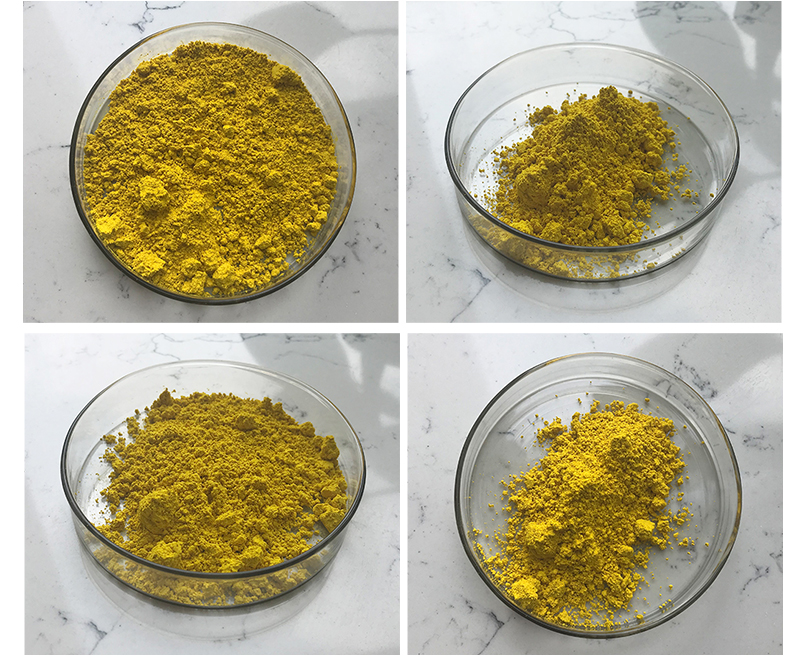The extraction process of Berberine HCl typically involves several key steps to isolate this compound from plants that contain it, such as Goldenseal, Barberry, and Oregon Grape. Here’s a general outline of the process:
- Plant Material Preparation: Start by obtaining the dried plant material that contains berberine. This can include roots, bark, or stems of the relevant plants.
- Maceration: Soak the plant material in a suitable solvent, often ethanol or methanol, to dissolve the berberine and other soluble compounds. This step may take several hours or days.
- Filtration: After maceration, filter the mixture to separate the solid plant material from the liquid extract. This can be done using a fine mesh or filter paper.
- Concentration: The filtrate is then concentrated using a rotary evaporator to remove the solvent, leaving behind a concentrated extract.
- Acidification: The concentrated extract is often acidified using hydrochloric acid (HCl) to convert berberine into its hydrochloride form. This increases solubility and stability.

- Precipitation: The acidified solution is cooled, and Berberine Hcl can precipitate out of the solution. The precipitation can be enhanced by adjusting the pH or temperature.
- Filtration and Drying: The precipitated berberine HCl is filtered out and then washed to remove impurities. It is then dried under appropriate conditions to yield the final product.
- Characterization: Finally, the isolated berberine Hcl can be characterized using techniques such as chromatography, spectrometry, or other analytical methods to ensure its purity and quality.
Always remember to follow safety protocols and regulations when handling chemicals and performing extractions.
Adverse effects of Berberine HCL
Berberine HCL is generally considered safe for most people when taken at recommended doses, but it can have some adverse effects. Common side effects may include:
- Gastrointestinal Issues: This can include diarrhea, constipation, flatulence, or stomach cramps.
- Nausea or Vomiting: Some users report feelings of nausea.
- Low Blood Sugar: Berberine hcl may lower blood sugar levels, which could be a concern for individuals with diabetes or those taking medications for blood sugar management.

- Potential Drug Interactions: Berberine hcl can interact with certain medications, including those metabolized by the liver, which may alter their effectiveness or increase side effects.
- Headaches: Some people experience headaches when taking berberine.
- Allergic Reactions: Though rare, allergic reactions can occur in sensitive individuals.
It’s always best to consult with a healthcare professional before starting any new supplement, especially if you have underlying health conditions or are taking other medications.
